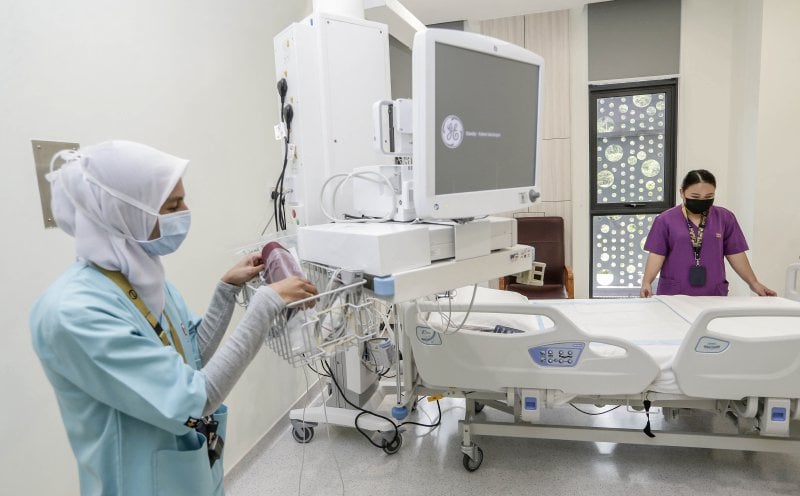Summary
How will AI impact our daily life, family, health, and community? Great question AI is already shaping parts of our lives, but its impact will only deepen i…
Source: medium.com

AI News Q&A (Free Content)
Q1: How is AI reshaping mental health support and assessment?
A1: AI is revolutionizing mental health support by providing accessible, stigma-free, and personalized services. Systems like SouLLMate leverage LLM technologies for suicide risk detection and proactive guidance, helping to improve mental health care accessibility globally. Despite these advancements, challenges such as data privacy and ethical considerations remain significant barriers to broader adoption.
Q2: What role does AI play in predicting genetic risk factors for diseases such as Parkinson's?
A2: AI is being employed to predict genetic risk factors, such as GBA1 mutations in Parkinson's disease, by using machine learning models like XGBoost. This approach can achieve an accuracy of up to 94% in specific patient subsets, aiding in targeted genetic screening and enhancing predictive accuracy in clinical settings.
Q3: What are the ethical implications of AI in sectors like finance, health, and security?
A3: AI's application across finance, health, and security sectors raises significant ethical concerns, primarily due to data privacy issues and transparency. A proposed transparency scheme emphasizes data privacy and AI capabilities, aiming to improve public interactions with AI systems by providing visual signs, factsheets, and comprehensive access to information.
Q4: How does AI contribute to environmental and public health concerns?
A4: AI-driven data centers have a substantial environmental impact, leading to increased carbon emissions and water consumption. This contributes to air quality degradation and poses a hidden public health burden, highlighting the need for sustainable AI practices to mitigate these effects.
Q5: In what ways is AI being utilized to address the challenges of mental health stigma?
A5: AI is actively being used to combat mental health stigma by enhancing the availability and accessibility of mental health resources. AI-driven tools can offer real-time support and personalized care, potentially reducing the stigma associated with seeking mental health treatment.
Q6: How do AI advancements impact job markets and employment?
A6: The rise of generative AI tools across various industries is leading to concerns about job displacement. While AI enhances efficiency and productivity, it simultaneously poses a threat to existing jobs, necessitating a balance between technological advancement and employment opportunities.
Q7: What are the potential benefits of AI in improving healthcare delivery?
A7: AI can significantly enhance healthcare delivery by improving diagnostic accuracy, personalizing treatment plans, and analyzing health records. This can lead to better patient outcomes and more efficient use of healthcare resources, although data privacy remains a critical concern.
References:
- Generative artificial intelligence
- Artificial intelligence in mental health
- SouLLMate: An Adaptive LLM-Driven System for Advanced Mental Health Support and Assessment, Based on a Systematic Application Survey
- Signs for Ethical AI: A Route Towards Transparency
- The Unpaid Toll: Quantifying the Public Health Impact of AI
- Artificial Intelligence Predicts GBA1 Mutated Status in Parkinson's Disease Patients





